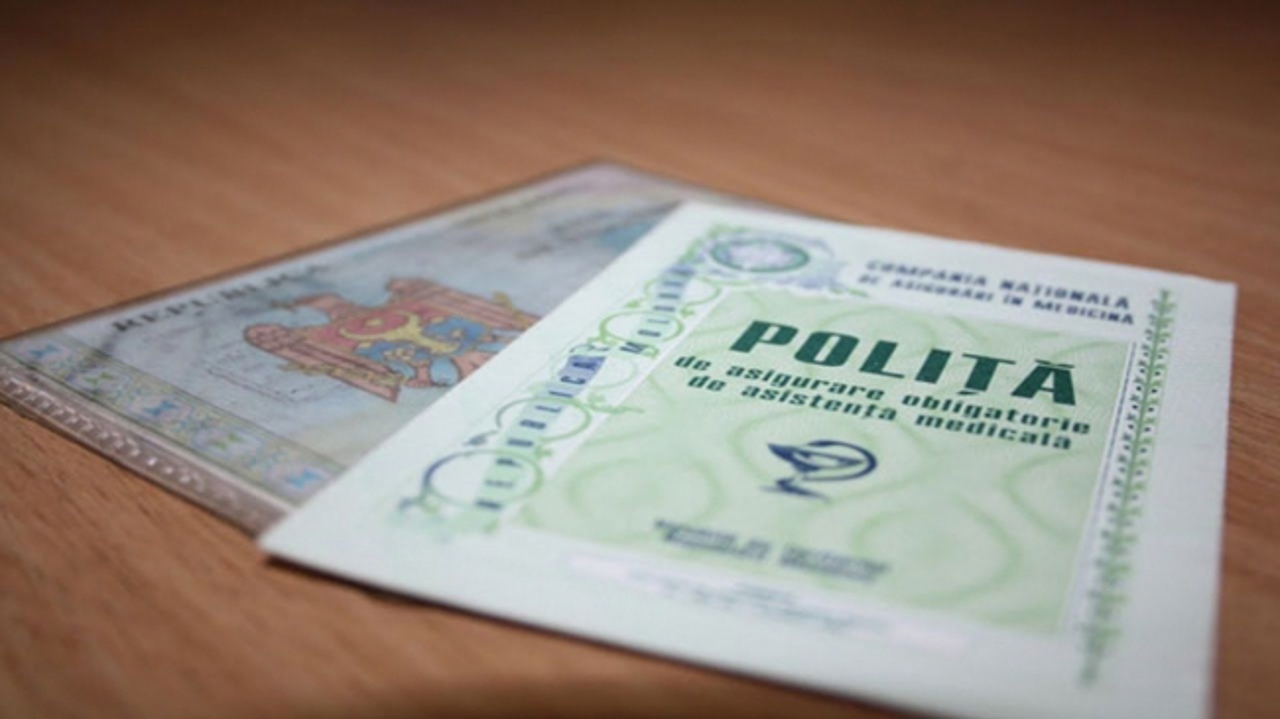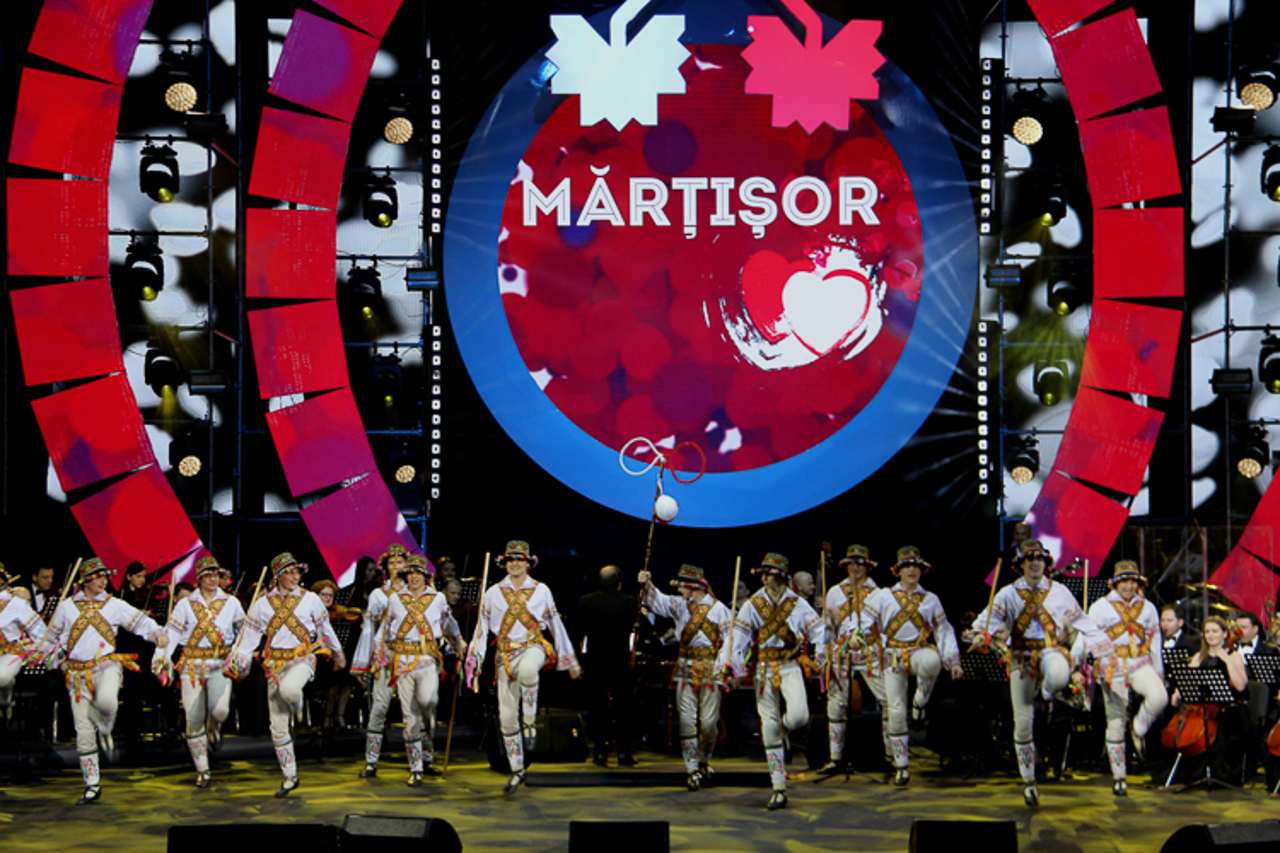NATO membership in Moldova: Public opinion remains divided
Analysts say that Moldova's public opinion on NATO membership is generally unfavourable, influenced by both the Soviet legacy, in which NATO was seen as an enemy, and Russian propaganda.

In a public debate at the IPN news agency, political analyst Igor Boțan said that NATO has been successful in ensuring the security of its members and providing a wide range of modernization for the military and law enforcement institutions. He also said that in the 32 years since Moldova's independence, Moldovans have become less influenced by Russian propaganda, and the number of those who want to join the NATO military bloc has grown to about 30%.
"This propaganda has left deep roots in the mentality, but things have changed. If we look at opinion polls now, after 32 years of independence, we see that things are evolving. And if in the first 20 years of independence we had a level of about 20-25% of citizens who were pro-NATO, now we see that the figures are slowly rising and approaching 30 percent," Boțan explained.
Analyst Victor Juc believes that the scepticism of some citizens about a possible NATO membership for Moldova is caused by perceptions inherited from the Soviet era, as well as the bombing of Serbia by NATO in 1999.
"The citizens of Moldova have the full opportunity to be informed. Probably there are certain perceptions from the past, when it was said that NATO is an adversary, an enemy, and then there was also an unfortunate case, which continues to influence the perception of some people. This is 1999, when NATO bombed Belgrade," Juc said.
Moldova's relations with NATO have become more dynamic since the signing of the Framework Document of the Partnership for Peace Program in 1994, and several Individual Plans implemented by NATO. Over the years, the allies have supported Moldova without forcing it to renounce its neutrality status. Today, even if it is not facing an imminent military invasion, Moldova is under a hybrid war from the Kremlin, and the support of the Alliance is essential in the new geopolitical context, the participants in the debate concluded.
Translation by Iurie Tataru






